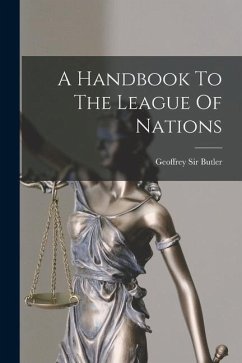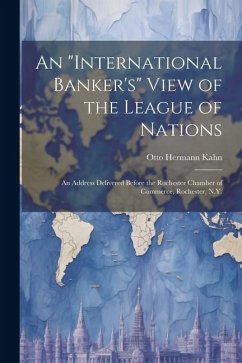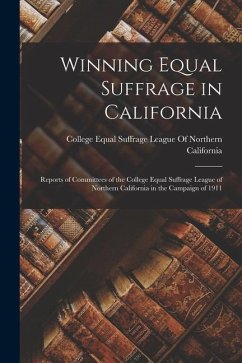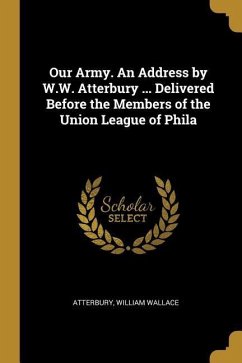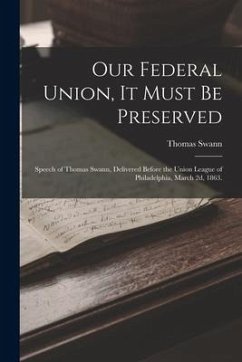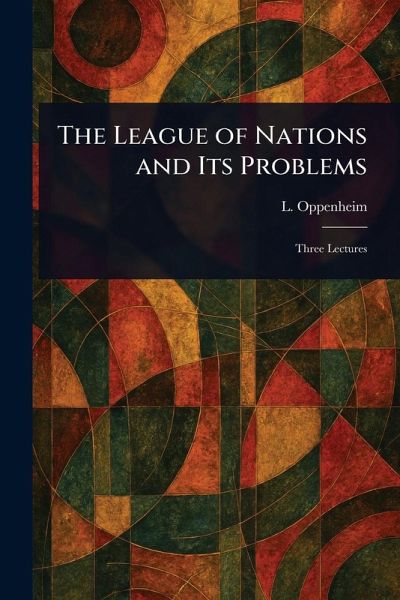
The League of Nations and Its Problems
Versandkostenfrei!
Versandfertig in über 4 Wochen
15,99 €
inkl. MwSt.

PAYBACK Punkte
8 °P sammeln!
"The League of Nations and its Problems: Three Lectures" by Lassa Oppenheim offers a crucial examination of the League of Nations, a pivotal international organization of the 20th century. This historical text delves into the complexities and challenges faced by the League in its pursuit of international law and world peace. Oppenheim's lectures provide insights into the League's structure, its role in treaty negotiations, and its impact on global politics. A vital resource for understanding the foundations of modern international relations and the development of international organizations, t...
"The League of Nations and its Problems: Three Lectures" by Lassa Oppenheim offers a crucial examination of the League of Nations, a pivotal international organization of the 20th century. This historical text delves into the complexities and challenges faced by the League in its pursuit of international law and world peace. Oppenheim's lectures provide insights into the League's structure, its role in treaty negotiations, and its impact on global politics. A vital resource for understanding the foundations of modern international relations and the development of international organizations, this volume explores the promise and the problems inherent in collective efforts to maintain world order. Students and researchers interested in political science, world history, and international law will find this a valuable resource for understanding the historical context of contemporary geopolitical issues. This work has been selected by scholars as being culturally important, and is part of the knowledge base of civilization as we know it. This work is in the public domain in the United States of America, and possibly other nations. Within the United States, you may freely copy and distribute this work, as no entity (individual or corporate) has a copyright on the body of the work. Scholars believe, and we concur, that this work is important enough to be preserved, reproduced, and made generally available to the public. We appreciate your support of the preservation process, and thank you for being an important part of keeping this knowledge alive and relevant.






